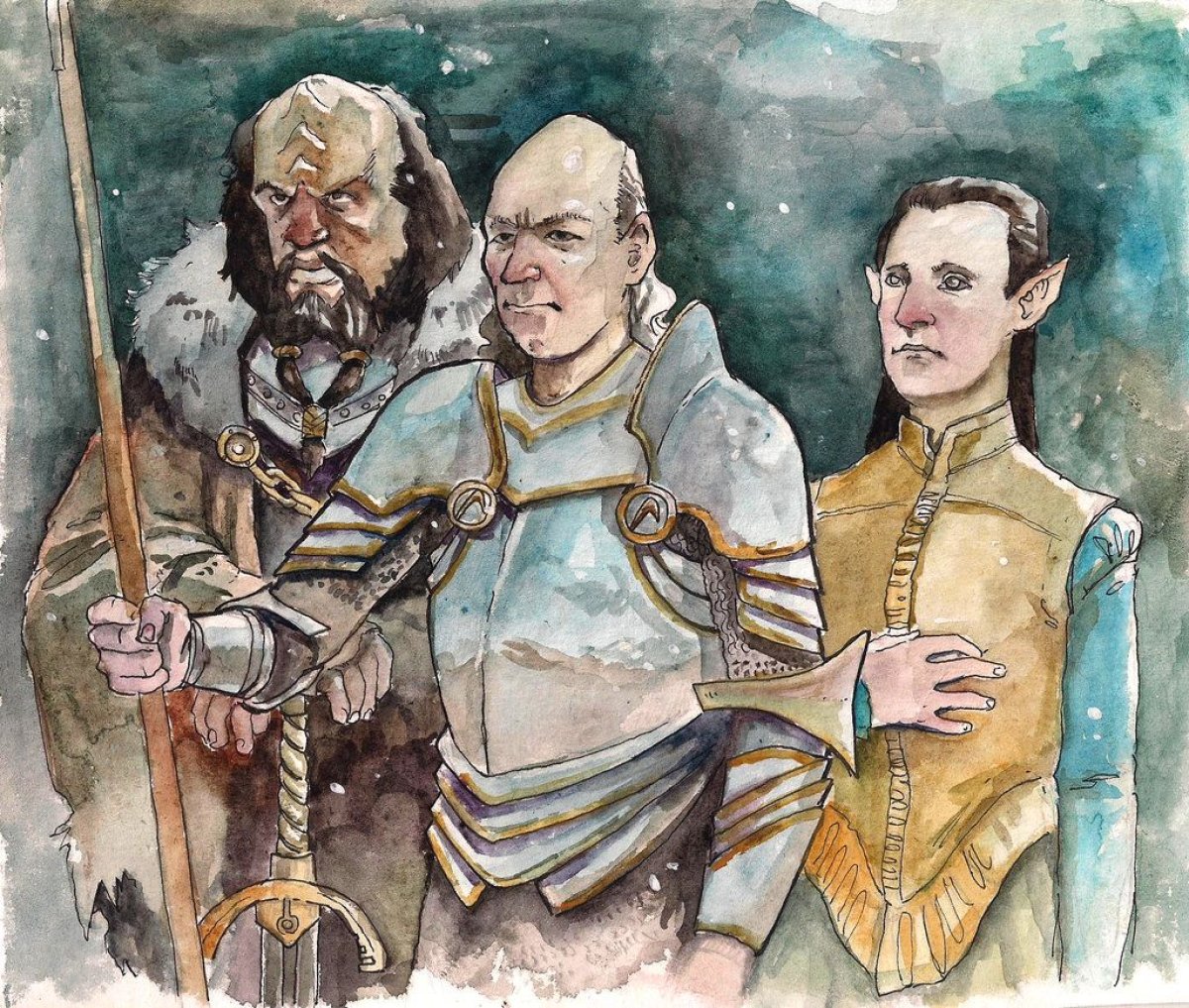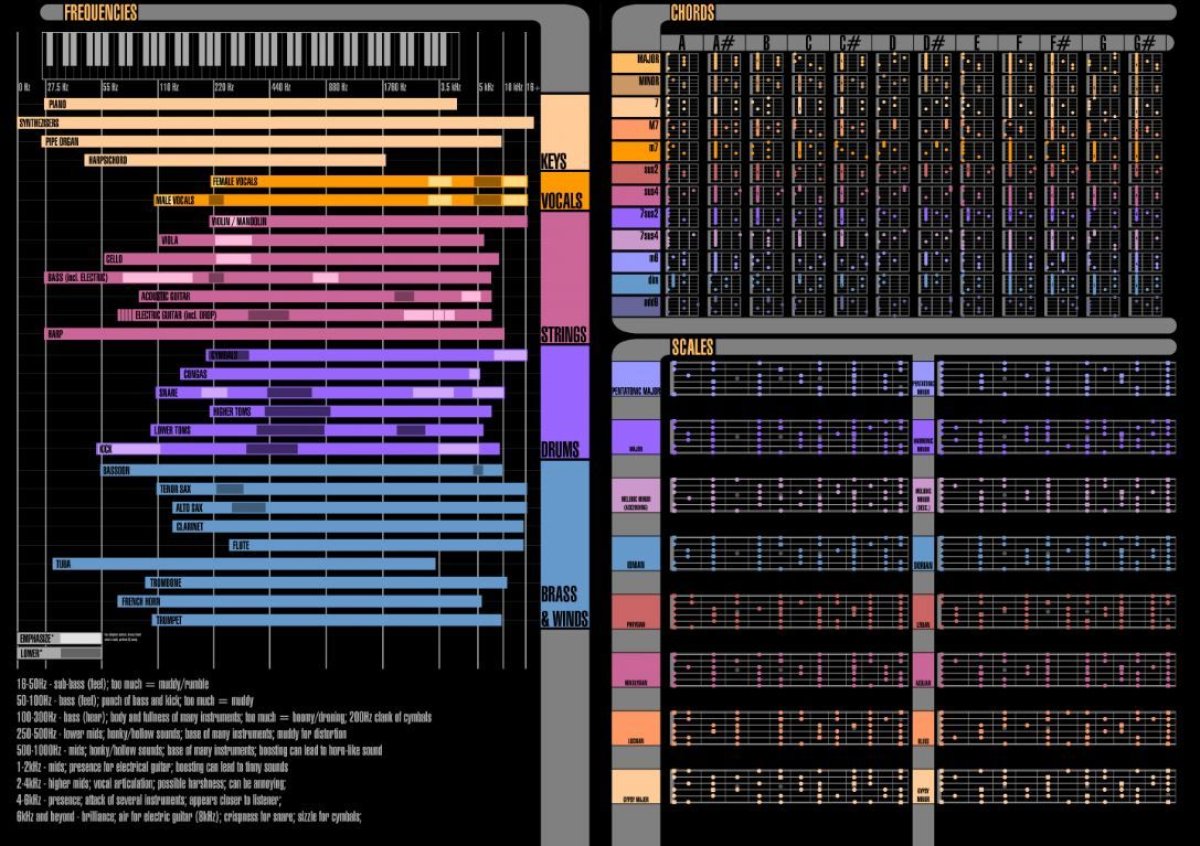Even after seven television series and thirteen movies, Star Trek's existence is always precarious. The failure of a show like Star Trek: Enterprise, saved once from cancellation after its second season, kept Star Trek off television for a generation. Now, with Discovery airing behind the CBS All Access paywall, it's the Star Trek movie series that has the uncertain future.
Mainstream sci-fi, the kind that can compete with Guardians of the Galaxy or The Expanse, is expensive. Variety pegs Star Trek: Discovery's budget at more than $8 million per episode. Even with a reliable audience and a cultural ubiquity that approaches folklore, Star Trek can't always find a market. But what if economics no longer mattered? What if, instead, Star Trek was free?
In 2014, Axanar Productions released Prelude to Axanar, a 20-minute, faux-Federation documentary on a war with the Klingon Empire, produced as proof-of-concept for a feature-length fan film. A few months after the blockbuster crowdfunding campaign, Axanar became the target of a copyright lawsuit from Paramount.
"They could have done that to any of us," Tommy Kraft, director of feature-length fan film Star Trek: Horizon, told Player.One in 2016. "We all 'violated copyright.' Every little fan film that has 10 viewers technically violates copyright."
This litigiousness is hardly unique to Trek.
"Historically, the way Star Trek and Disney and so on, the way that they work is they pretend they don't see the stuff they like, so then they don't have to worry about trademark dilution, and then they destroy anything that upsets them in some tiny way," science fiction author (Walkaway, Little Brother, Pirate Cinema) and technology activist Cory Doctorow told Player.One. "This is not a great way to influence a culture."
Axanar Productions settled in 2017 after the PR firestorm encroached upon pre-release hype for Star Trek Beyond. J.J. Abrams and director Justin Lin gave comment, forcing a consequential response from CBS and Paramount: official guidelines for future fan films.
These guidelines state: "CBS and Paramount Pictures are big believers in reasonable fan fiction and fan creativity, and, in particular, want amateur fan filmmakers to showcase their passion for Star Trek." But dig a little deeper and the rules strongly suggest otherwise. Limiting fan films to 15 minutes, codifying loopholes around terms like "offensive" and "reasonable," insisting on officially licensed merchandise and banning appearances from former Star Trek cast members, the official "Guidelines for Avoiding Objections" illustrate how copyright holders foster public enthusiasm and creativity only to the extent of their advantage.
The onerous guidelines are already widely contravened, including by ongoing fan productions. Fan Film Factor counted sixty fan films in the eight months after the guidelines were released. The predicted chilling effect never came. But the existence of the guidelines inspires a simple question: what makes CBS and Paramount Pictures the best arbiters of a creative response to Star Trek?

The default answer is simple: existing copyright law. Under the first copyright law in the United States "The Man Trap" and most of Star Trek's first season would have entered the public domain in 1994. Reforms in 1909 pushed that to 2022, in 1976 to 2041. Currently, episodes of Star Trek won't enter the public domain until after 2060.
The Adelphi Charter on Creativity, Innovation and Intellectual Property, issued in 2004 by the U.K.'s Royal Society of Arts (RSA), offers a prescriptive rebuttal. Rather than limiting competition on behalf of rightsholders, the Adelphi Charter proposed reforming intellectual property laws (itself a term tailored to copyright holders' advantage, equating creative expression with salable goods):
"Humanity's capacity to generate new ideas and knowledge is its greatest asset. It is the source of art, science, innovation and economic development. Without it, individuals and societies stagnate.
This creative imagination requires access to the ideas, learning and culture of others, past and present. And, in the future, others will use what we have done."
That sounds a little closer to Star Trek—a speculative, utopian future that wouldn't limit its horizon of possibility to the status quo, or let profit motive bound human creativity. But even under the assumptions of global capital, Paramount and CBS could benefit by loosening their grip on Star Trek.
"There's an instrumental argument to be made for this, which is Star Trek lives or dies by its fandom, quite literally. It was cancelled and it was only brought back, because the fans, who were already writing fan fiction about it, were so enthusiastic that they actually brought the show back from the dead. It's kind of the Ur-story of how shows do come back from the dead when their fans love them," Doctorow, one of the signatories of the Adelphi Charter, said. "So telling your fans not to love your material so much that they tell their own stories set in it is not a winning strategy. At worst, they'll take you at your word and cease to care so passionately about the thing you depend on them to keep alive."
Ryan Merkley is CEO of Creative Commons, a nonprofit offering legal tools for creators to share work through more permissive copyright licenses. He believes freer access to Star Trek would open up new possibilities not just for fans, but for Paramount and CBS.
"All intellectual property has value. And the obvious one that you can create with it is financial value by restricting access to it in exchange for money. But there's other value you can create," Merkley told Newsweek. He believes simpler, or free, legal structures are key. "You can create stronger and more vibrant communities by inviting other people to build on top of that original property ... not by selling access. You get that by inviting collaboration. That's what sparks passion."
CBS and Paramount are unlikely to see things the same way. While Star Trek: Discovery press releases trumpet the "ideology and hope for the future that inspired a generation of dreamers and doers," plans for streaming market domination depend upon exclusivity. The metaphor equating artistic expression and property has become so ingrained that companies regularly reduce their consumers to provisional licensees, subject to whatever controls the copyright holder decides upon, even long after the point of purchase.
"Star Trek stands on the shoulders of giants. It exists because they plundered some of the most interesting stories and memes of science fiction, just as all science fiction writers do, to tell their own story. And to argue that when they did it that was the legitimate progress of art and whenever anyone else does it, it's theft, is pretty self-serving and kind of obviously bullshit," Doctorow said. "It's a ridiculous thing for a law to ban something that ancient and fundamental to how we experience art."
Countering the monopoly exercised by copyright holders will require a broader social realignment, under which people come to understand art as a shared cultural endowment, rather than product—a mindset beyond capital.
Star Trek, backed by fans acclimated to imagining a better society, is the perfect vehicle for this transformation. More open access to Star Trek might accomplish as little as allowing existing fandom to operate without fear of censure (beyond Axanar, Star Trek has been central to dozens of copyright disputes). Or it could inspire new stories and new expressions. Either way, it realigns our cultural conception of art away from passive consumption and toward engagement, interaction and synthesis of the new.

"We just have no idea what people can do when you leave them alone to pursue their creativity," Merkley points out. "The current structures have restricted content and made people afraid to make new things. And the thing that is truly sad about that is not that people get sued, it's that great things don't get created."
Simply looking to the ways we interact with beloved stories points to the artificiality of copyright's current reality. We engage with our society through pop culture. In restricting our responses, copyright distorts our natural reactions to art, stifling how we process the world. "The people who are in danger on TV, the people who are triumphing on TV, those aren't real people. They never lived. Nothing that happens to them has any consequence, by definition, because they are not real people. And yet our bodies act as though those are real people," Doctorow says. "We are all readers and writers, creators and audiences."
Fundamentally changing our relationship with art will require both incremental and revolutionary shifts in how we understand art's relation with commerce. Creators opting into alternate copyright arrangements like Creative Commons is a great start, but there's a bigger, brighter future to be won. "The acquisition of wealth is no longer the driving force in our lives. We work to better ourselves and the rest of humanity," Captain Jean-Luc Picard tells a 21st century Earthling in Star Trek: First Contact. But his words aren't from the future. Instead, our most daring utopias are already built, living in the fictions we share here, now. We have imagined better worlds, where the things we love aren't made provisional by media company streaming strategy or bent toward the enrichment of shareholders. Star Trek could be just the beginning.
Uncommon Knowledge
Newsweek is committed to challenging conventional wisdom and finding connections in the search for common ground.
Newsweek is committed to challenging conventional wisdom and finding connections in the search for common ground.
About the writer
To read how Newsweek uses AI as a newsroom tool, Click here.








